“Châu Âu đang là nhà thiết lập tiêu chuẩn AI toàn cầu”, Thierry Breton, Uỷ viên thị trường nội khối EU cho hay trên mạng xã hội X.
Roberta Metsola, chủ tịch nghị viện EU nói đạo luật tiên phong này sẽ tạo điều kiện cho đổi mới sáng tạo, đồng thời bảo vệ các giá trị cốt lõi. “Trí tuệ nhân tạo đã trở thành một phần quan trọng trong cuộc sống của chúng ta. Bây giờ, nó cũng sẽ là một phần trong luật pháp của EU”, trích bài đăng của lãnh đạo EU.
Bắt đầu xây dựng từ năm 2021, đạo luật AI EU phân loại công nghệ theo mức độ rủi ro, từ “không thể chấp nhận” - đồng nghĩa với cấm phát hành, cho đến rủi ro mức độ cao, trung bình và thấp.
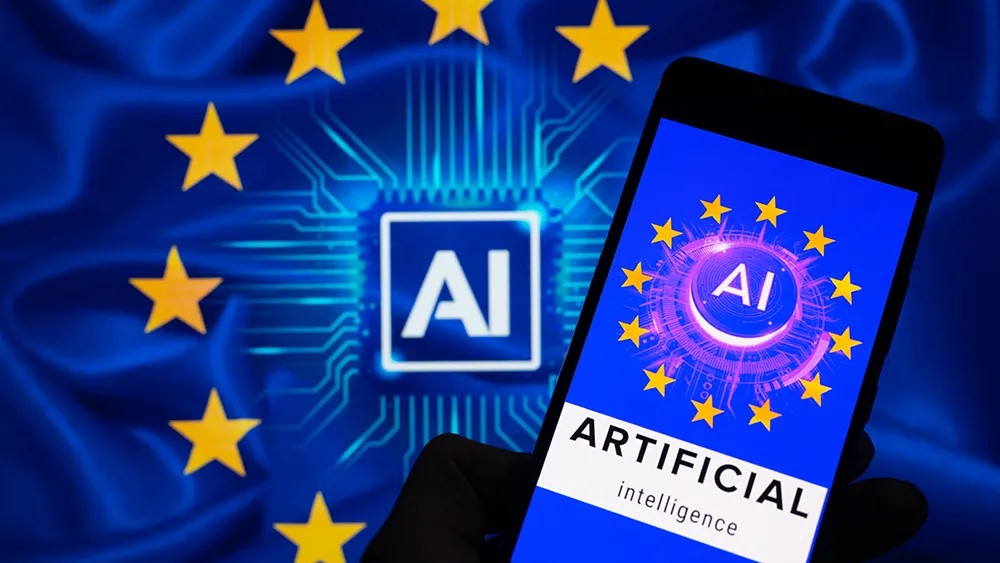
Một số quốc gia châu Âu, chẳng hạn như Đức và Pháp, ủng hộ việc chính phủ các nước thành viên “tự điều chỉnh” biện pháp quản lý với doanh nghiệp AI, do lo quy định chặt chẽ quá mức có thể làm giảm sức cạnh tranh với các công ty Trung Quốc và Mỹ.
Tuần trước, EU đưa vào thực thi đạo luật Thị trường Kỹ thuật số nhằm kiềm chế sức mạnh của các gã khổng lồ công nghệ Mỹ như Apple, Google, Amazon, Meta và Microsoft hay ByteDance của Trung Quốc. Theo đạo luật này, EU có thể trấn áp những hành vi bị coi là phản cạnh tranh, đồng thời bắt buộc các doanh nghiệp phải “cởi mở” hơn trong những lĩnh vực mà họ đang thống trị, để đưa đến nhiều lựa chọn hơn với người tiêu dùng.
Những lo ngại này ngày càng gia tăng với sự bùng nổ của AI, dẫn đầu là các công ty công nghệ hàng đầu như Microsoft, Amazon, Google và nhà thiết kế chip Nvidia.
Con người kiểm soát công nghệ
“Đạo luật AI đã thúc đẩy sự phát triển của AI theo hướng con người kiểm soát công nghệ và công nghệ sẽ giúp chúng ta thúc đẩy những khám phá mới để tăng trưởng kinh tế, tiến bộ xã hội và giải phóng tiềm năng của con người,” Dragos Tudorache, nghị sĩ giám sát quá trình thảo luận của EU về dự luật cho hay.
Theo đó, đạo luật quản lý AI được thông qua không phải là “điểm kết thúc” đối với lĩnh vực công nghệ này, thay vào đó đây là điểm khởi đầu cho một mô hình quản trị mới được xây dựng dựa trên công nghệ.
Các chuyên gia pháp lý nhận định đạo luật này là một cột mốc quan trọng đối với quy định về AI quốc tế và có thể mở đường cho các quốc gia khác làm theo.
Mark Ferguson, chuyên gia chính sách công tại Pinsent Masons cho biết, việc thông qua đạo luật, mới chỉ là bước khởi đầu và các doanh nghiệp sẽ cần hợp tác chặt chẽ với các nhà lập pháp để hiểu cách thực hiện đạo luật này.
“Một lần nữa, EU đã đi trước, phát triển một bộ quy định toàn diện”, Steven Farmer, đối tác và chuyên gia AI tại công ty luật quốc tế Pillsbury nói. “Khối đã sớm hành động trong nỗ lực quản lý dữ liệu và tương tự với AI”.
Dù vậy, không phải là không có những lo ngại. Emma Wright, đối tác tại công ty luật Harbottle & Lewis, quan ngại các nội dung của đạo luật này có thể nhanh chóng trở nên lỗi thời khi công nghệ là lĩnh vực chuyển động nhanh và liên tục phát triển.
“Tốc độ thay đổi của công nghệ như đã thấy với sự ra mắt của AI từ cuối năm ngoái đến nay, một điều phức tạp có thể xảy ra là Đạo luật AI EU có thể nhanh chóng trở nên lỗi thời, đặc biệt nếu xét theo khung thời gian thực hiện”.
Với 523 phiếu thuận, 46 phiếu chống và 49 phiếu trắng, đạo luật AI EU chính thức được thông qua, dự kiến có hiệu lực vào tháng 5 tới, sau khi các quy trình lập pháp cuối cùng được tiến hành. Các nội dung sẽ được thực thi từng bước từ năm 2025 trở đi.
(Theo CNBC)
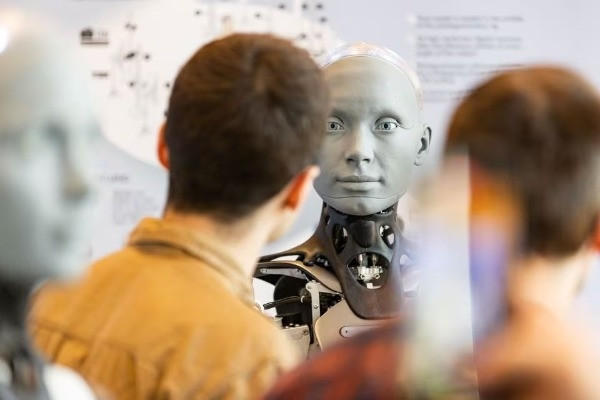
Nguồn








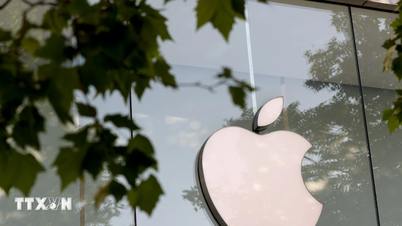



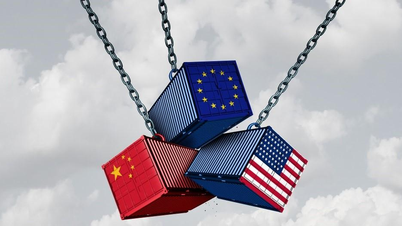

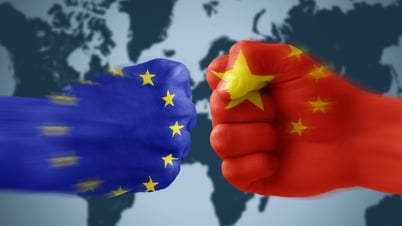





















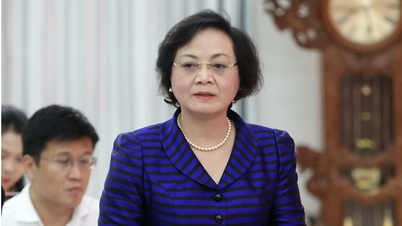


















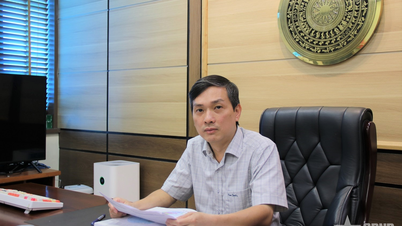







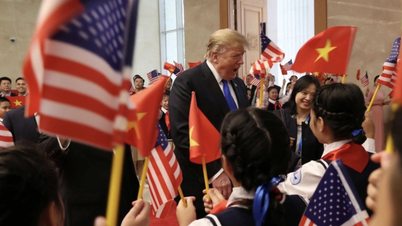




































Bình luận (0)